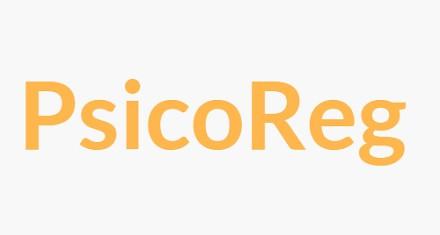Achieve good adherence to treatment It is a challenge that health-related disciplines have been seeking to improve for decades.
Both when taking medications and when attending intervention or follow-up appointments, the dropout rate is very high, and the negative impact this has on health is known. The WHO has warned in numerous publications of its importance, especially in the case of chronic diseases. What can you do about it?
The causes of non-adherence to therapy
Various studies have analyzed the causes of this high lack of adherence to treatment, finding five major factors:
All of them interact with each other and play a fundamental role in explaining why many patients end up abandoning a treatment they have started even when they have already begun to notice the beneficial effects of it.
How to solve the problem? The power of reminders
Among the strategies proposed to improve adherence, in 1988 a study published by Masur and Anderson analyzed the ability to use reminders such as calling the patient by phone or sending a reminder card within behavioral techniques to improve adherence.
With the arrival of mobile phones, different studies have investigated the effectiveness of using reminders through SMS or daily alarms and, With smartphones, the possibility of using this type of resources through APPs opens up to do this work.
Various monographs such as the 2017 SEFH and reviews of publications point to the importance of reminders as a way to increase therapeutic adherence. A small detail like finding a notice at the right time can cause treatment to continue without interruption especially when you are several days in a row without direct contact with a health professional who supervises your case.
Therefore, everything indicates that this type of simple stimuli is capable of improving the degree of commitment that patients have with respect to therapy.
The case of mental health services
It is especially important to achieve better adherence to treatment in patients in the area of mental health, since studies carried out on people in this group have provided evidence that Depression, anxiety and stress are predictors of lower adherence to treatment
Studies carried out on the perception of patients who are provided with reminder tools indicate that the vast majority of them accept this type of help and are satisfied with it once it is implemented.
The studies and reviews that are carried out also show the need to help adolescents and young people, more related to new technologies for whom support through mobile applications can be especially interesting not only as a way to remind alarms but also as a way to receive psychoeducational material or support from other people in their situation, factors that are also known to be relevant to the time to improve treatment adherence.
PsicoReg: an application with multiple resources

Along these lines, one of the APPs that is working very well is PsicoReg (psicoreg.com), a powerful tool that allows sharing psychoeducational material with the patient as well as remember appointments through the APP, make records, design task tracking, store clinical history and, in addition, facilitates compliance with data protection regulations.
Through a simple and easy-to-use interface for both the psychologist and the patient, this application allows both to be connected between sessions, so that the influence of psychotherapy is felt even when the person who needs professional help is not in the consultation. . Resources like PsicoReg help patients adopt habits consistently over weeks and months, something that is essential not only for them to continue meeting with therapists, but for the intervention to work and the person to see their condition improve. quality of life.
If you are interested in knowing more about the resources that PsicoReg makes available to mental health professionals, access the contact information of the PsicoReg team members by clicking here.









